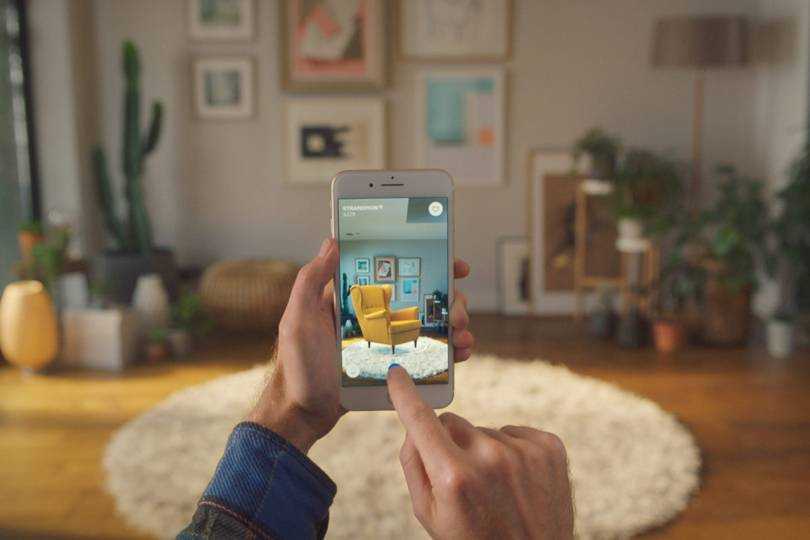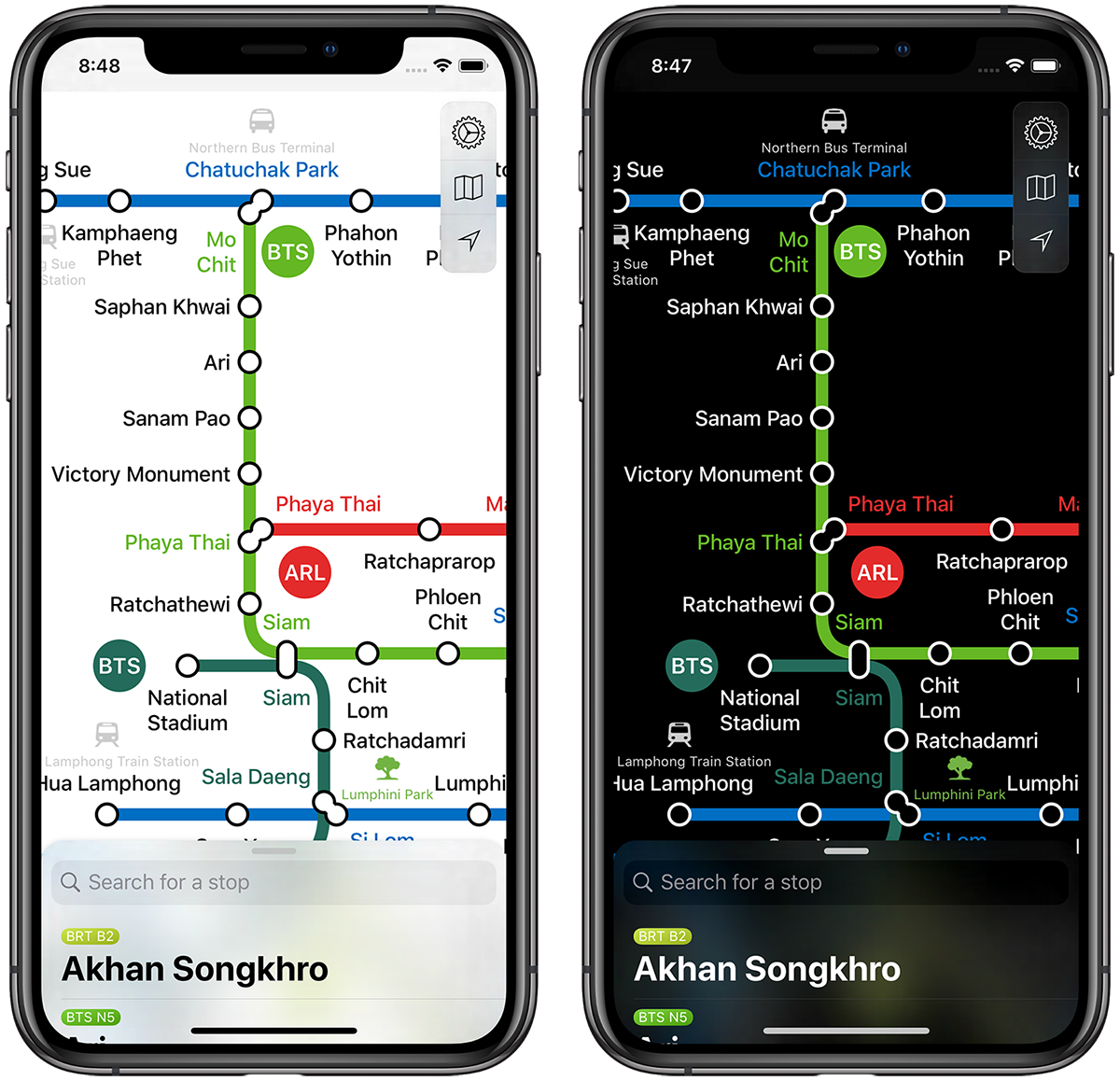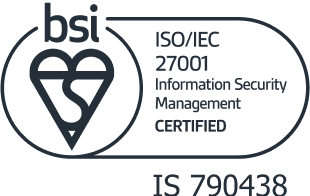In today’s digital era, it’s no secret that the technology industry is a thrilling sector to be a part of. With that being said, the rapid pace of change that induces its electrifying nature, is also the very thing that makes it virtually impossible to keep up with (yep, it’s challenging for even the best of us, the tech fanatics of the world).
So we’ve taken it upon ourselves (you’re welcome) to fill you in on our ultra-insightful 2020 app predictions, brought to you by a team of digital experts who are highly qualified in this area - OK, we'll admit it - our guess is as good as yours. We all know how unpredictable the tech world is. But we think we've got this pretty spot on.
So if you have a burning desire to know what you need to know about the 2020 app industry (or you just want to impress your boss with some insider-info), we’ve got you covered.
Artificial Intelligence (AI)
It's 2020. AI is hardly ground-breaking for anyone who knows anything about the tech world. Every Tom, Dick and Harry is familiar with ‘Alexa’, that AI-powered virtual assistant that can do just about anything: set our alarms; walk us through recipes; and even check the weather for us before we leave bed in the morning. Essentially, our virtual assistant is doing everything our partner has refused to since the dawn of time, thanks Alexa.
But 2019 saw Artificial Intelligence go even further. Yes, AI has entered the app development building: this is not a drill. And we’re predicting that this trend isn’t going anywhere in 2020. If you were in doubt of the fact that we’re among the digital age, check this out. Socratic is a homework assistance app, powered by AI. The kids of today can snap photos of their homework and Socratic will use text and speech recognition to explain concepts. How cool is that?!
AI-powered apps aren’t exclusive to the educational sector, either. Foodvisor (aka my favourite app concept of 2019) is revolutionising the nutrition industry using Machine Learning. On, what I like to call ‘My Fitness Pal’s older and wiser sibling’ users can quickly photograph their meal, from which the app will recognise food items and provide an estimate of their serving sizes. *Brain imploding at this very concept*. We think this is a true game changer that will transform nutrition-tracking… and our 2020 summer bodies, we hope.
We’re excited to see the other ways in which AI can make our lives even more convenient (if that's possible) in 2020.
Deep Fake
Staying on the topic of AI, let us introduce to you 'Deep Fake'. If you're unfamiliar with Deep Fake, it essentially uses a type of Machine Learning (Generative Adversarial Network) to digitally alter video content. It enables users to superimpose faces onto another body in videos.
Deep Fake has been criticised widely since its introduction (and was actually banned by Facebook at the time of writing this blog). It's been deemed dangerous and unethical by many, for its ability to make individuals appear as if they have said or done something they have not. And understandably, it has sparked huge debate over privacy concerns.
But we think this technology can actually be used for good. You think we're crazy, but check this out. Educational or tourism apps could create informational videos, featuring historical figures with their actual voice and appearance to create enhanced engagement and more effective learning. And that's just one option! Call us crazy, but we think the possibilities are vast.
Whether you love it or loathe it, we reckon you'll be seeing a lot more of Deep Fake in 2020.
Healthcare Automation Apps
The opportunities in mobile applications for the healthcare industry are endless, with the industry estimated to reach $102 billion by 2023. We've already seen a huge advancement in technology in this sector, take the introduction of 'surgical robots' assisting healthcare professionals with tasks in the operating room; technology that can analyse patient scans and identify abnormalities such as tumours without human intervention (with greater accuracy enabled by GAN technology); and applications that provide real-time information on expected waiting times in local medical and emergency departments. But believe us, the story doesn't end here. We can expect to see some highly advanced tech in healthcare.
Virtual Reality has huge potential to be incorporated into apps, assisting patients with autism, depression and other medical conditions. Virtual Reality could also be utilised in future to give clients virtual tours of the their hospital ward or the surgery room, to put patients at ease and familiarise them with the settings.
More and more, individuals have the ability to accurately self-diagnose medical conditions from home using mobile apps. SkinVision is a Dutch start-up application that aims to provide users with an early diagnosis of skin cancer using AI. It enables users to upload a photograph of areas of their skin with potential abnormalities. This is then compared to a large database, and personalised advice is given based on this early diagnosis. Apps such as this could quite literally save lives and their accuracy will only improve with time.
Augmented Reality (AR)
In-app AR (that's Augmented Reality for you tech novices) is going to take the app industry by storm in 2020. You heard it here first. And how couldn’t it? It’s totally transformational. We’ve already seen some of the First Movers (aka geniuses) rolling out AR in their apps, invoking huge levels of engagement. One of our personal favourite uses of AR is in the interiors industry. Brands like Wayfair and Ikea are letting customers visualise an item in their home space, prior to purchasing. It eradicates a major ‘pain’ of purchasing large items like furniture online for consumers, and streamlines the process of selling online for retailers. *Throws tape measurer to the wind*

L’Oreal (in partnership with Perfect Corp) has been leading the way in AR in the cosmetics industry, and has seen big results. L'Oreal released a YouCam app that allows users to virtually trial makeup products on themselves. This ensures products suit consumers' skin tone, facial structure and colouring prior to purchasing, thus ultimately streamlining the ‘try before you buy’ experience in the cosmetics sector for both customers and the brand. It's a win-win, eh?
Although AR expands beyond simply purchasing goods online (gaming is one of our favourites), we think it is going to take revolutionise the E-commerce industry in particular this year. So look out for it, and experiment with it as much as possible. You're going to love it.
5G
5G, or fifth generation cellular network technology (try saying that ten times over) was rolled out in 2019, and it's sure to become a lot more mainstream in 2020. That's news worth celebrating.
With 5G being up to 100 times faster than its predecessor, that is exciting news for the app developers (and users) of the world. We're practically giddy at the prospect of in-app content loading quicker and the general amelioration of apps' performance and speed in 2020.
Not to mention, 5G's impact on the the gaming industry will be immense. Google's cloud-based gaming platform 'Stadia' (aka the Netflix of the gaming world) will exclusively work with 5G, due to its superior speed and steadier connection than 4G. Stadia is a mobile application ran through the cloud; it will enable users to play games instantaneously and will automatically save their gameplay, whether they're using WiFi or 5G. Yes, you heard that right. So if you start a *really great* game at home using Wifi, and your mum suddenly (and purposefully) asks you to pick up milk from the shop (we've all been there, thanks Karen), no problem. You can outsmart her by resuming that same game on the bus with 5G. Basically, provided the user is signed into the game, it will allow them to pick up where they left off with no lagging and no need to re-download their progress onto their device.
This means users will have no issue playing Blockbuster games with huge processing requirements, as 5G provides a faster and stronger connection than 4G ever could. You are welcome for this *life-changing* piece of information.
Dark Mode
No, it's not some alien concept - or upcoming grime album, for that matter - It's simply a way of adjusting your app settings, so your smartphone screen adopts a dark backdrop. We can hear those of you who stare at a luminescent screen for 9+ hours a day rejoicing at this concept (and we bet your optician is, too).
We absolutely love dark mode and use it on every app that allows it. And who wouldn’t? We can sleep better, save our precious battery life, AND have a sneaky glance at our favourite apps when we’re not really supposed to. It’s a win-win.
If your app doesn’t allow for dark mode settings yet, get on it. And make it FAST. We have a feeling this is going to be an even more pivotal trend in 2020.

ChatBots
We mentioned earlier that we're in the digital era. Well, we're also in the era of CRM (Customer Relationship Management). And it's predicted that by the end of 2020, 80% of businesses will use chatbots to improve their CRM. Thats huge.
We’re including this as a 2020 prediction because, as designers, we’re totally astute to users’ desire for instantaneous action. If they click on a link, they want that link to load immediately. If they want to communicate with a brand, they want to do it now and have little patience to wait.
Also a large proportion of people no longer value (or can even tolerate) human interaction. Basically, if we can avoid talking to an actual human being, we will. *Queue Chatbots coming to save the day for us impatient, antisocial millennials in 2020*.
We think ChatBots will transform the healthcare sector in particular, with their inclusion on apps to enable individuals to access emergency support, first aid advice and diagnosis of conditions instantly.
So get ready for the ChatBot Revolution of 2020. Personally, we're all for it.
Conclusion
Long story short: the technology industry is as unpredictable as they come. And frustrating as that fact is when constructing an article like this one (believe me, there's been some pretty intense office debates throughout) we wouldn't change it. That's one of the reasons why we love working in the tech world... and just being in it, as a consumer and user.
We work with apps on a daily basis, and not to blow our own trumpets, but we consider ourselves to be pretty knowledgeable in this area. But still we find it challenging to predict that 'next big thing' (and believe us, if we knew for sure, we'd be developing it ourselves on a beach in Thailand).
Alas, all we can really do is sit back, relax and enjoy the ride (bumpy and changeable as it is). Come at us with your finest, 2020.







